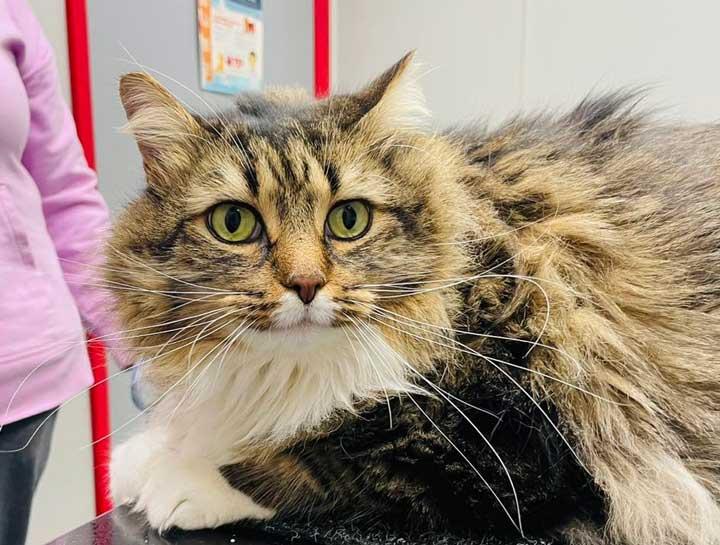Dogs
Get expert tips on dog health, skincare, and wellness at Puainta’s Dog Health Blog. Learn about natural remedies, common issues, and solutions for your canine’s well-being.
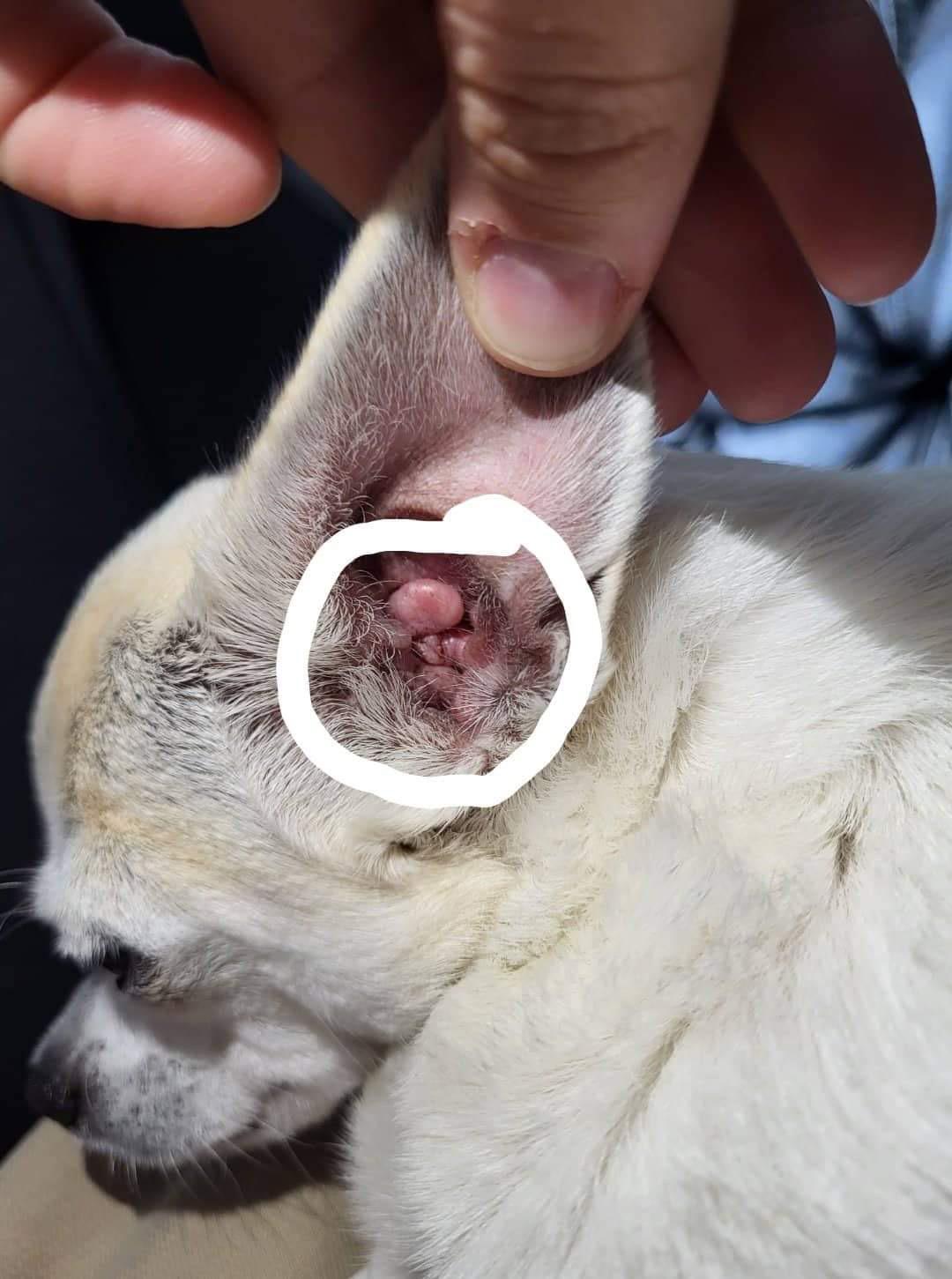
Understanding Dog Ear Tumors
Discover everything you need to know about dog ear tumors—symptoms, causes, diagnosis, treatment options, and prevention tips. Learn how to support ear health and help prevent chronic conditions at home.
 April 25, 2025
April 25, 2025
View all

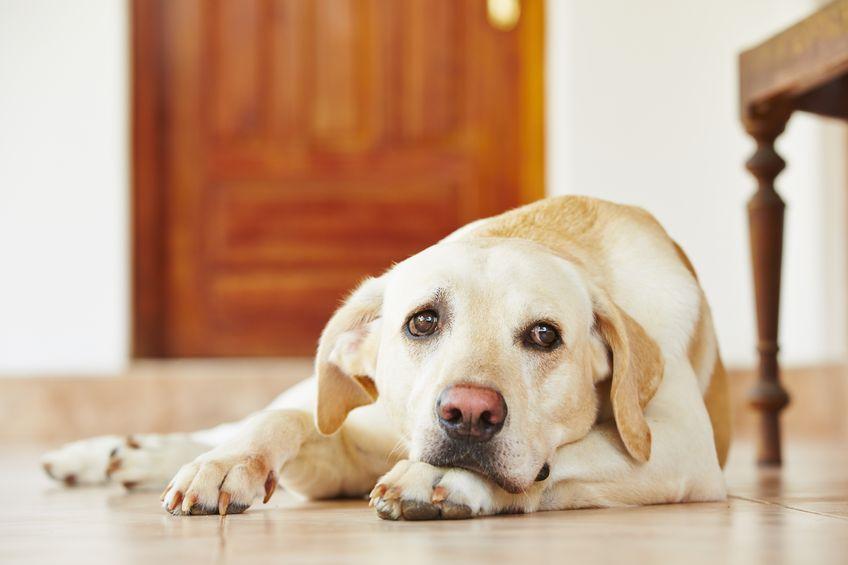
Understanding Spinal Stenosis in Dogs: A Comprehensive Guide
Spinal stenosis in dogs is a painful condition affecting mobility and quality of life. Learn about its causes, symptoms, treatment options, and prognosis—plus how supplements can support long-term joint health.
 April 25, 2025
April 25, 2025
View all

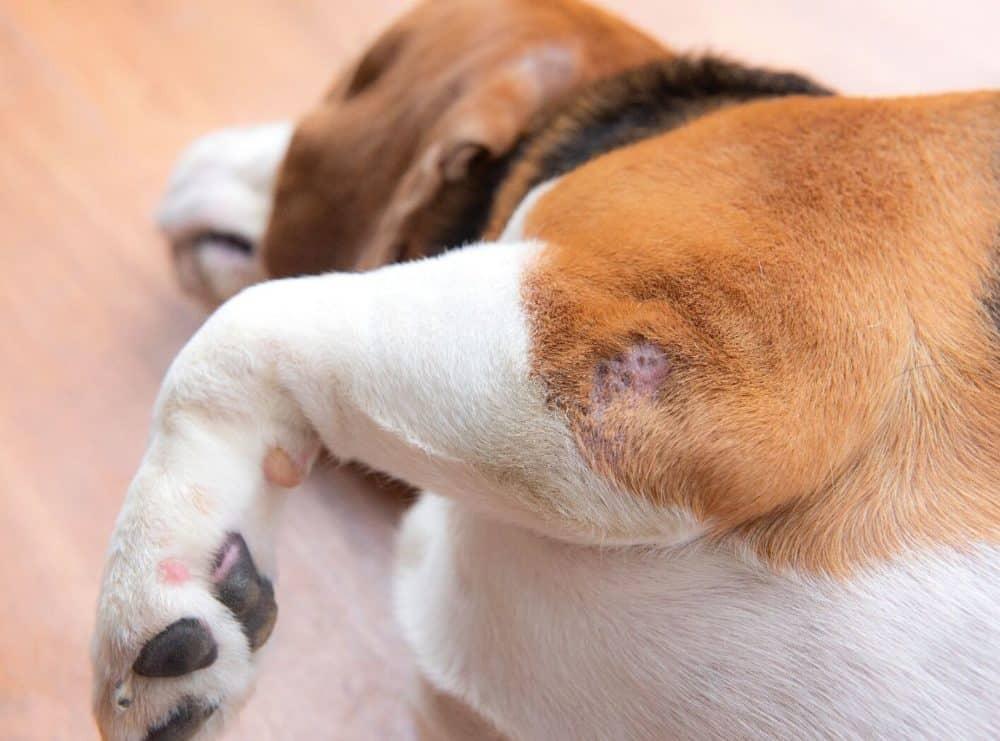
Pressure Sores on Dogs: Prevention, Treatment, and Healing
Discover everything you need to know about pressure sores on dogs, including causes, stages, treatment, and prevention. Learn how to clean and heal dog bedsores effectively with vet tips and natural solutions.
 April 25, 2025
April 25, 2025
View all

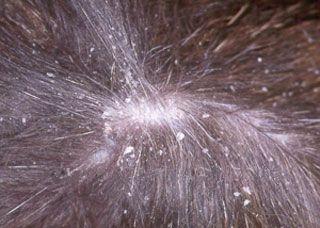
Understanding Scurf in Dogs: Causes, Treatments, and Prevention
Scurf in dogs, commonly known as canine dandruff, causes flaky skin, itching, and discomfort. This comprehensive guide explores symptoms, causes, treatments, and prevention strategies to help dog owners effectively manage and treat scurf at home.
 April 23, 2025
April 23, 2025
View all

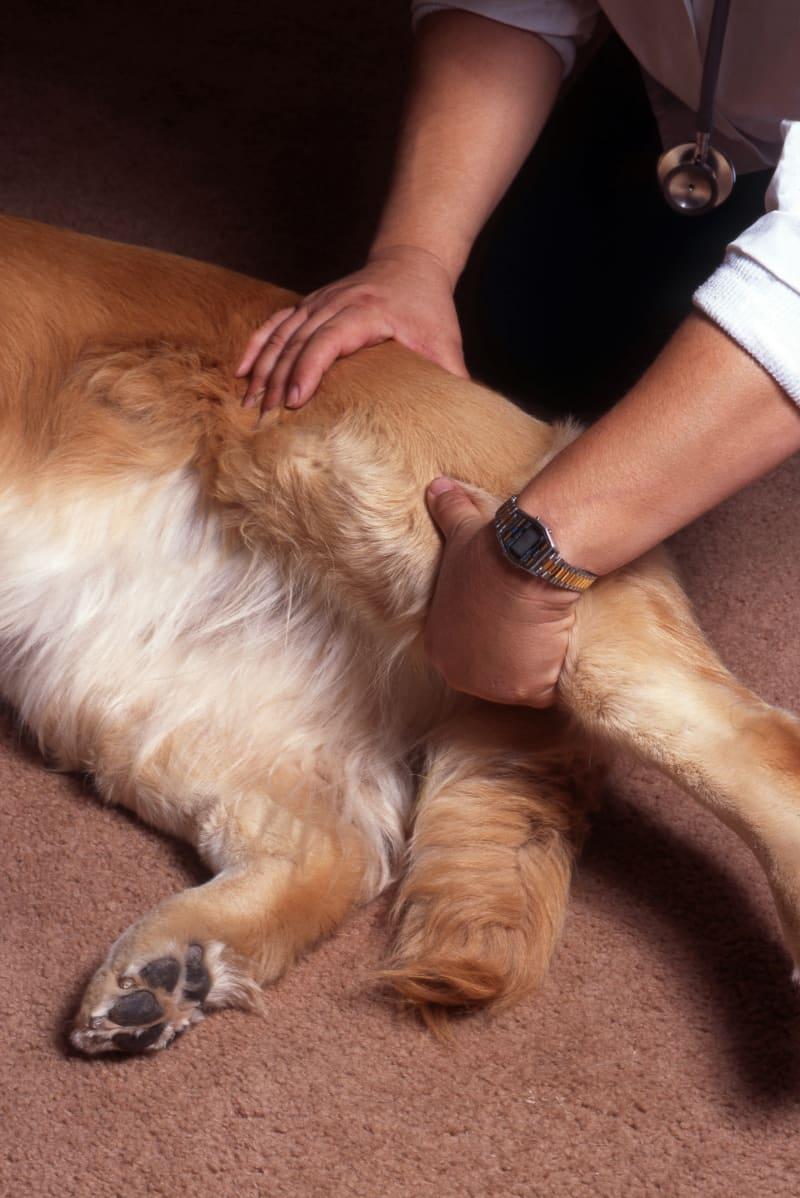
Sore Joints in Dogs: A Comprehensive Guide
Discover the causes, symptoms, and treatments for sore joints in dogs. Learn how supplements can support joint health and improve mobility. Expert tips on prevention, diagnosis, and pain relief included.
 April 23, 2025
April 23, 2025
View all


Long-Eared Dogs: A Comprehensive Guide to Ear Health and Care
Discover everything you need to know about long-eared dogs, from common ear health issues to expert care tips. Learn how to prevent infections and explore vet-recommended products for cleaner, healthier ears in your floppy-eared companion.
 April 23, 2025
April 23, 2025
View all


Dog Scratching Ear and Shaking Head at Night,Help!
Is your dog scratching its ears and shaking its head at night? Discover the causes, solutions, and prevention tips for nighttime ear discomfort in dogs. Learn how to use effective products for lasting relief and improved canine ear health.
 April 23, 2025
April 23, 2025
View all

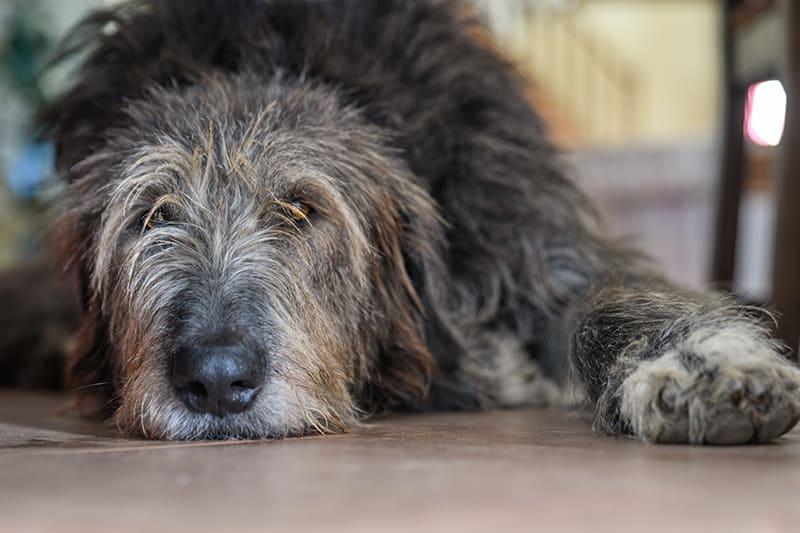
Joint Care for Dogs: A Comprehensive Guide
Discover expert strategies for dog joint care, including symptoms, prevention, treatments, and top supplements provide dogs with joint care. Learn how to support your dog’s mobility, reduce pain, and improve quality of life naturally and effectively.
 April 21, 2025
April 21, 2025
View all


The Ultimate Guide to Teddy Bear Dog Breeds
Discover the adorable Teddy Bear dog breed—a lovable hybrid known for its plush appearance and affectionate nature. Learn about care tips, health concerns, and supplements to keep your pup healthy and happy.
 April 21, 2025
April 21, 2025
View all

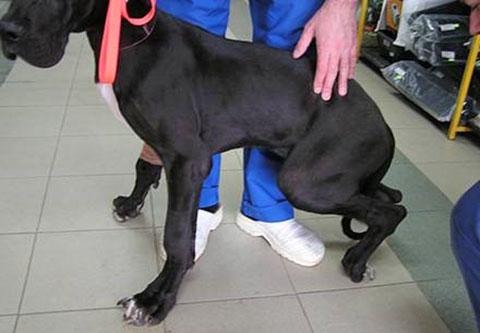
Wobbler Syndrome in Dogs: A Comprehensive Guide
Wobbler Syndrome in dogs is a serious neurological condition affecting mobility, especially in large breeds. This comprehensive guide covers symptoms, causes, treatment options, prognosis, and supportive care, including supplements for improved comfort and health.
 April 21, 2025
April 21, 2025
View all

You May Also Like
View all
Puainta® Natural Hot Spot Spray for Dogs and Cats
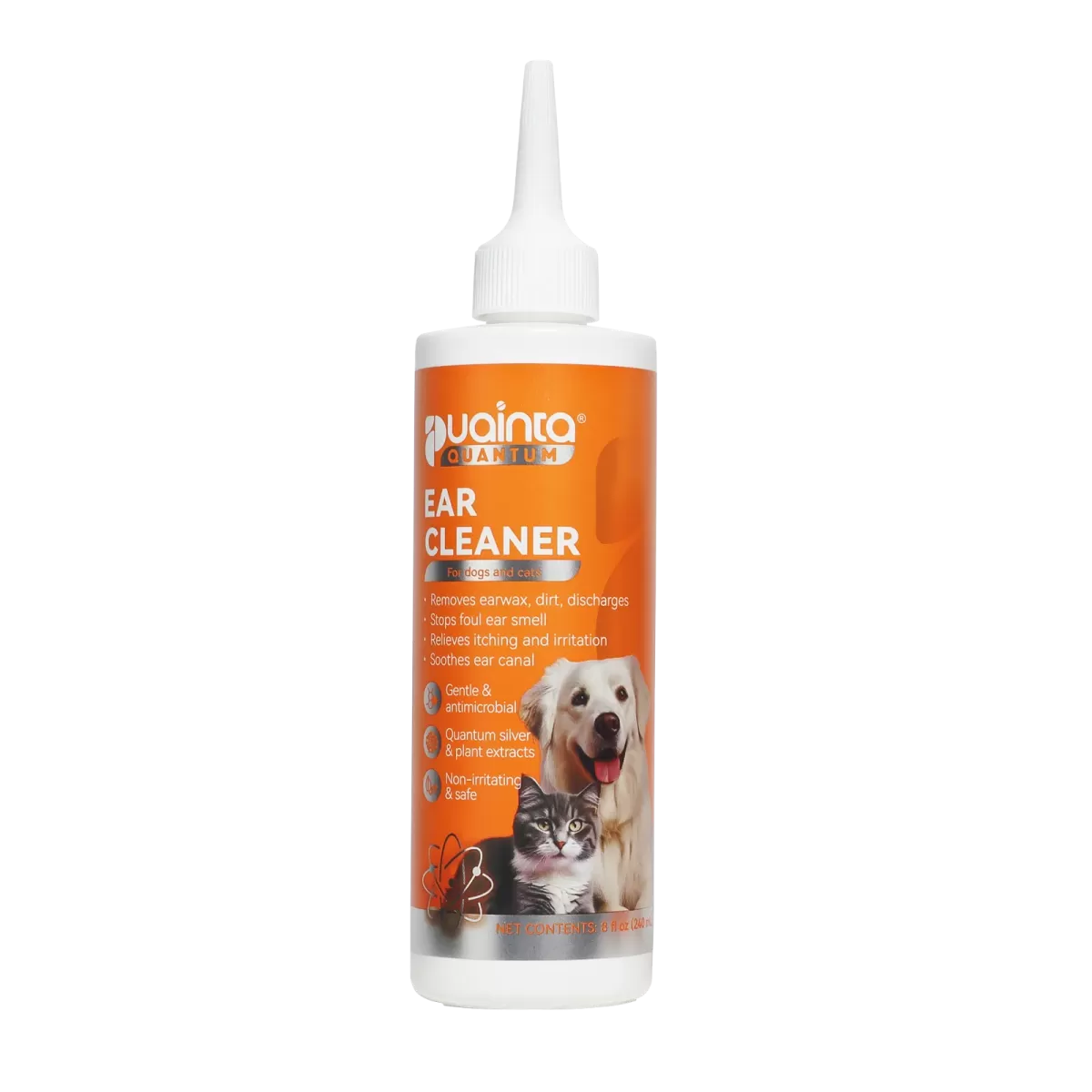
Puainta® Quantum Ear Cleaner for Dog/Cat's Itch Infection

Puainta® Fish Oil For Dog,Krill Salmon Oil,Omega 3 Supplement

Puainta® Dental Powder, Teeth Cleaning Tartar Remover Cat And Dog
Categories
Recommended For You
What Pet Parents Are Saying
Take more videos of pet usage, for a chance to be featured




Join The Puainta
Become one of pet parents and get professional tips, immediate product info, updated promotions and discounts, and more surprises from us!


